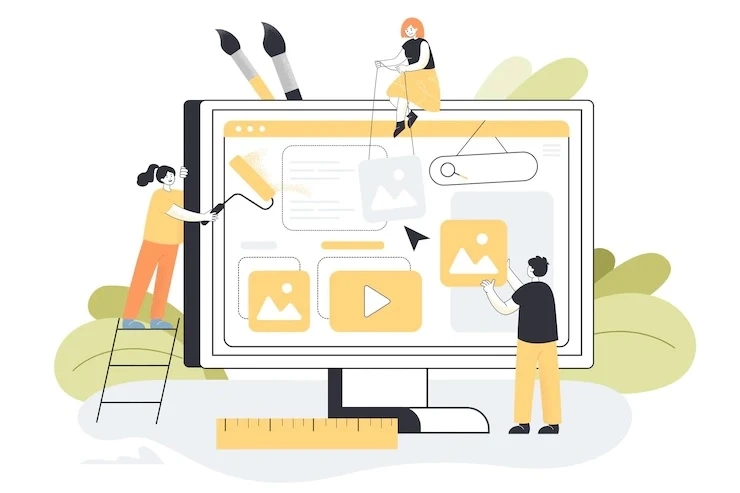Introduction
Personalization is one of the key ingredients in a successful marketing strategy. It helps you better understand your customers and their buying behavior, which will help you develop a more effective marketing campaign. With personalization, you can also increase customer loyalty by giving them an experience that is customized to their interests.
How Personalization And Lead Capture Software Can Help Grow Your Business?
The first step in using a personalized marketing strategy is to have a customer-centric culture. This means that your company’s entire team is focused on meeting the needs of customers, rather than pushing agendas or trying to win at all costs. It also means that each employee from sales and marketing down to customer service has an understanding of what their role is in fostering this culture, and how their daily activities contribute directly towards building trust with potential customers.
Lead generation is the second step towards creating an effective lead capture strategy. Lead generation involves finding places where you can advertise your product or service online in order to attract people who have shown interest in what you have to offer in other words, it's basically advertising yourself on websites like Google AdWords so that when people search for keywords related to what they need , they see something related directly back up front instead of general results like "top 10 best cars under $20k" which may not include yours among them! Finally there's data analytics: once someone clicks through from one of those ads onto your website itself (and hopefully becomes interested enough about what they saw there), analytics tools help track what happens next; whether those visitors actually make purchases within 30 days after seeing these ads (or better yet before seeing them if possible).
Customer-centric culture
A customer-centric culture is one that puts the customer first. There are a number of ways to achieve this, but they all boil down to focusing on the needs of your customers and providing them with a great experience. The most successful companies have mastered these principles and have grown their businesses as a result.
For example, when you think about Amazon's success over the years, it's hard not to notice how much attention was paid to the customer experience from the beginning. Amazon founder Jeff Bezos once said "Our vision is our mission plus zero," meaning that there's no limit on how far he wants his company to go in terms of helping customers succeed. Indeed, Amazon has become so renowned for its excellent service that many people now consider it an essential part of their lives—they buy things on Amazon often enough that they don't even think about where any particular item came from anymore!
Lead generation
Lead generation tool is a critical component of any successful marketing strategy, and one that can help you grow your business. Lead generation is the process of attracting and converting potential customers into leads. A lead has expressed some kind of interest in what you have to offer, even if it’s just an inquiry or request for more information.
Lead generation is a great way to get new customers, as well as valuable feedback from existing ones that can help you improve your products or services based on their needs. It also allows you to build up a database of contacts who may be interested in future offerings from your company.
Data and analytics will be the key ingredients to create a personalized customer experience.
Personalization and lead generation are closely related, and both can be enhanced by a data-driven approach.
The power of personalization relies on knowing your audience as well as possible, then using that knowledge to deliver the right message at the right time. It's a powerful way to build trust with customers, who quickly get used to seeing messages that suit their interests.
At first blush, it may seem like an easy feat: just collect enough information about your audience and you'll be able to tailor each communication they receive. But while collecting data is important, it's not enough you also need the right software tools in place so you can analyze all of this information effectively. This allows you to identify patterns across different types of data sets (such as customer preferences or product interest) so that you can use those insights for better segmentation tactics in targeting campaigns later on down the line.
Conclusion
As you can see, personalization is a powerful tool that can be used to improve your sales numbers, increase revenue, and grow your business. With the right strategy in place, this will help you stand out from your competitors and provide an excellent customer experience that customers will appreciate. The possibilities are endless when it comes to personalizing the customer experience online.


